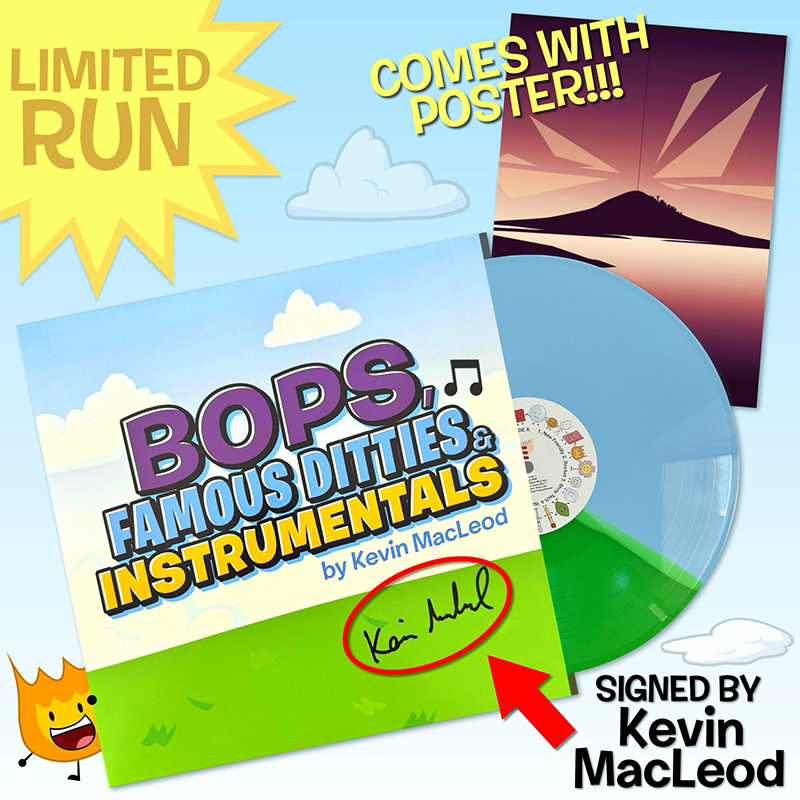One moment, I’m summoning a thundercloud to dazzle the crowd; the next, I’m filling out forms for performing dragons, because apparently, fire-breathing counts as “pyrotechnics”, and that requires a separate permit. The clowns unionized last week; The phoenix keeps setting the cotton candy on fire… Running a circus sounded like a great idea initially. Now I think I’m going to go back to assembling an army of undead abominations. Just… way fewer headaches.
Download now on FreePD



